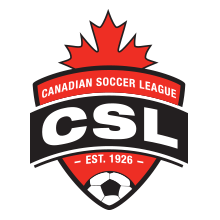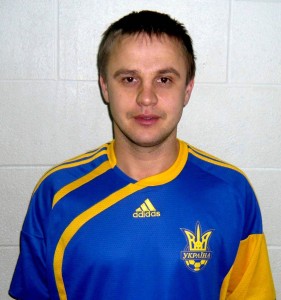
A FIFA statistic says that one in 40 Canadians are playing soccer. That’s about the same as in Italy.
Canadians bought more than 29,000 tickets to the 2014 World Cup – more than all of the other nations that did not qualify.
Since the late nineties, soccer has ranked as the most favoured sport for children in Canada between five and 14 years of age. At that time, 32 per cent of boys and girls participating in sports were playing soccer and that number jumped to 42 per cent in 2010.
In other words, soccer is becoming a mainstream sport in Canada and young people are playing a big part in the shift.
In Ontario, youth soccer accounts for 280,000 registered players – not including schools or other teaching institutions or recreational soccer. But while the dramatic increase in recent years is impressive, skills training, formal coaching have not kept pace with growth and many young people are without the benefit of being shown the rudiments of the game that crafts the real player.
The CSL has announced a partnership with a recently-formed Ontario Youth Soccer Association for competition as a OYSA Division of the CSL. The OYSA teams will interface with CSL academy teams to begin play this coming May. Eventually, CSL professional players and highly qualified coaches with their considerable skills training experience mostly from Europe, will be made available for the benefit of the young players.
“This is an important step in making youth development an important part of the CSL,” said Pino Jazbec, the league administrator. “We believe that with the CSL Academy addition and the OYSA the right environment can be of great benefit to young players, particularly in accelerating their playing skills.”
The youth academy arm of the CSL is available to boys and girls U-8, U-10,. U-12, U-14, U,16 and academies and clubs in Ontario are invited to enquire with the Ontario Youth Soccer Association for competition starting in May.
The CSL has also announces a partnership with the Canadian Corporate Soccer League, which is based in Montreal with comprehensive summer and winter competitions for corporate teams in that city. The CSL will assist in the development of a similar competition structure in Toronto.
.



